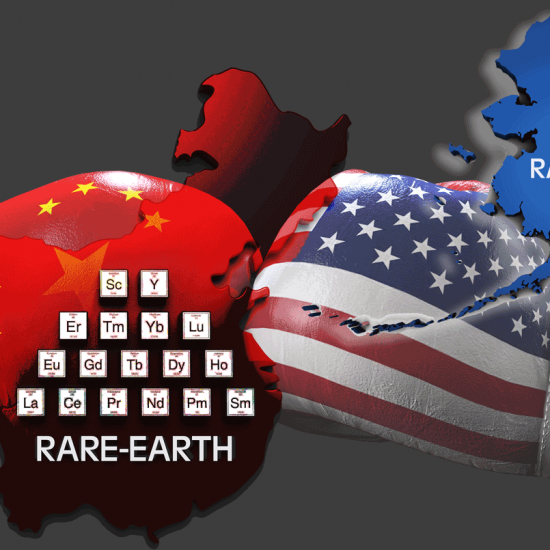British Columbia’s ambition of opening new mines in the province’s north has raised fears in neighbouring Alaska where environmental and aboriginal groups say the unchecked development threatens their salmon and tourism industries.
Tribal leaders and salmon-protection advocates gathered at a Bureau of Indian Affairs conference in Anchorage Tuesday, and high on the agenda was the impact of B.C. mineral developments on the multibillion-dollar Alaskan industries.
Conference delegates called on the U.S. State Department to use the 1909 Boundary Waters Treaty to activate the International Joint Commission, hold boundary dispute hearings and discuss the important salmon waterways, the communities they support and the risks they face from potential mine contamination.
“We’re asking the U.S. federal government to elevate this issue to the International Joint Commission,” said Guy Archibald, a spokesman for the southeast Alaska Conservation Council.
The Alaskans say rapid, industrial mine developments in B.C. threaten the headwaters of some of southeast Alaska’s prime salmon rivers, including the Taku, Stikine and Unuk rivers, which flow through Canada’s most-western province.
Archibald said the Alaskans are deeply concerned about what they consider loose mining regulations in B.C., especially since last summer’s tailings pond breach at the Mount Polley mine near Williams Lake, in B.C.’s central Interior.
See Full Story at VancouverSun.com
image credit salmonbeyondborders.org











